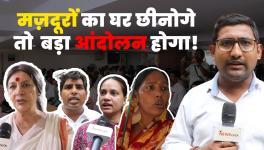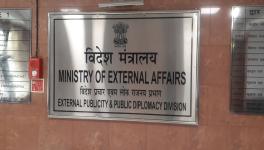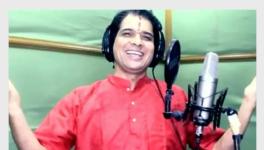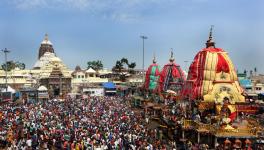Being a Bengali in Modi's India: Branded, Bullied, Betrayed?
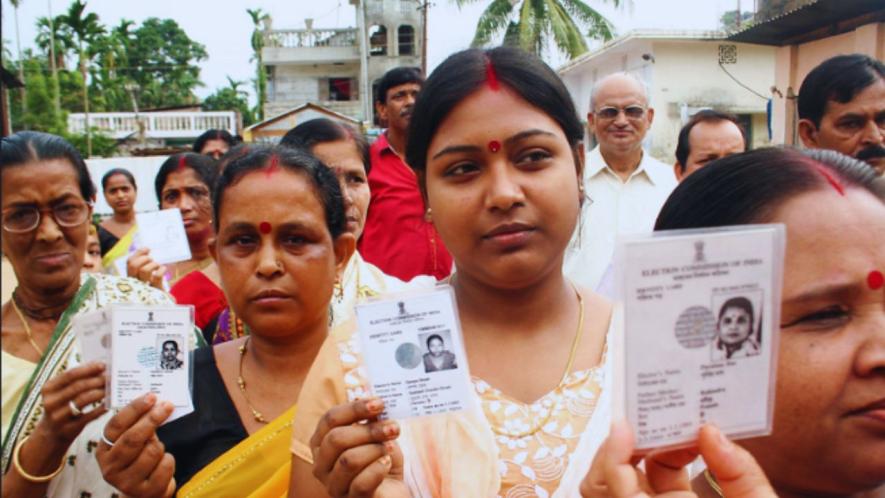
Representational Image. Image Courtesy: Flickr
On a sweltering Saturday morning in Sargulli village, Odisha, 56-year-old Gitarani Sarkar opened her front door to what should have been an ordinary knock. But what followed was anything but ordinary. It was a State-sponsored interrogation of identity — not by choice, but by design. The visitor? Not a neighbour. Not a Census worker. But police officers sent, it seems, to question whether she was really Indian.
In today’s India — shaped, shrivelled, and segmented by the ruling Bharatiya Janata Party (BJP) — being Bengali is increasingly being seen as a burden, a badge of suspicion, or worse, a border that must be policed.
“They asked me who I was, where I was born, and if I was really Indian,” Gitarani recounts, her voice breaking. “I’ve lived here for 30 years — no one ever asked me this before Modi came to power,” she added.
Married into an Odia family for over three decades, raising children, paying taxes, voting, contributing to society — none of it matters in BJP’s version of “New India.” What matters now is your surname, your birthplace, and your language. Gitarani’s crime? She was born in West Bengal and speaks Bengali — a language now viewed with hostility in certain BJP-dominated corridors of power.
A Calculated Campaign of Fear?
Gitarani is not alone. Across Raigarh and other districts in Odisha, Bengali-speaking families — many settled for generations — are being asked to “prove” that they belong. Quietly, methodically, this government is transforming internal migration into internal surveillance. Identity, once a lived experience, is now a bureaucratic trap.
“Today it’s Gitaranidi. Tomorrow, it could be me,” says a local teacher, afraid to reveal her name. “We came here for a life, not to be branded outsiders.”
This isn’t random, but part of a larger, sinister strategy. From Assam’s NRC (National Register of Citizens) to the communal double standards of the CAA 9Citizenship Amendment Act), the ruling BJP has weaponised identity and turned Bengaliness — especially outside Bengal — into a political liability.
From Shared History to Strategic Division
Eastern India once shared culture, migration, and mutual respect across Bengal, Assam, and Odisha. But today, under the BJP’s divisive nationalism, those fluid borders have hardened into lines of suspicion. Bengali identity is no longer just linguistic — it’s being reduced to a codeword for “illegal migrant,” “infiltrator,” or “foreigner.”
“This dangerous conflation — Bengali equals Bangladeshi — is manufactured,” says sociologist Rina Bhattacharya. “It’s inaccurate, it’s politically driven, and it’s tearing the social fabric apart,” she adds.
Especially targeted are Hindu Bengalis who migrated decades ago — the very people the BJP claims the CAA was meant to protect. Now, even they are being asked to produce 50-year-old papers they never thought they’d need. Particularly vulnerable are women. Women, such as Gitarani, who changed homes due to marriage, have no ancestral land records or birth certificates at hand. And under BJP’s regime, Aadhaar, voter ID, and bank accounts suddenly “aren’t enough.”
This BJP-led witch hunt doesn’t just question nationality — it punishes womanhood. Gitarani, like countless others, is caught in a bureaucratic hell with no exit route.
“What more do I need to be Indian?” she pleads. Her answer should be obvious — but in BJP’s India, it isn’t.
A Regime Obsessed with Proving Loyalty
This is not governance. It is gaslighting. The BJP’s obsession with “loyalty” and “authenticity” has narrowed Indian identity into something brittle and bloodless. Those who speak Bengali are expected to carry documents, like refugees, even when they are native-born citizens.
The CAA, far from being a shield for persecuted Hindus, has become a sword used selectively. If you are Bengali, you are suspect. If you are Muslim and Bengali, you are doomed. And if you are a woman, you are unheard.
“Being Bengali is not a crime,” says activist-lawyer Sumana Sinha, adding “But the BJP is making it one — through policy, propaganda, and persecution.”
Dividing the Nation, One Knock at a Time
What does it mean to be Indian in 2025 under BJP rule? If you’re Bengali, it now means being asked for your birth certificate at your doorstep. It means speaking your mother tongue with caution. It means being doubted even after decades of contribution to this country.
Gitarani Sarkar thought she had found her home in Odisha. But like millions of Bengalis living outside West Bengal, she is now forced to live under a cloud of manufactured suspicion — courtesy a government that thrives on fear and division.
In Modi’s India, being Bengali has become a burden. But the real burden is being carried by the ‘Idea of India’ itself — eroded, divided, and distorted by a party that no longer represents the people, but rules by pitting them against one another.
(The views are personal)
Get the latest reports & analysis with people's perspective on Protests, movements & deep analytical videos, discussions of the current affairs in your Telegram app. Subscribe to NewsClick's Telegram channel & get Real-Time updates on stories, as they get published on our website.













